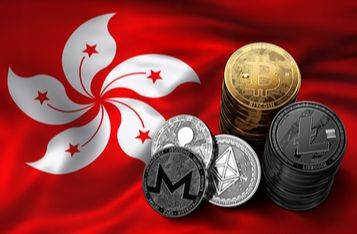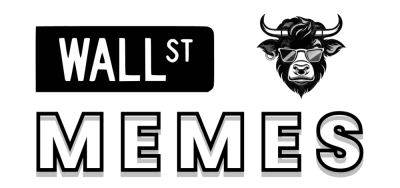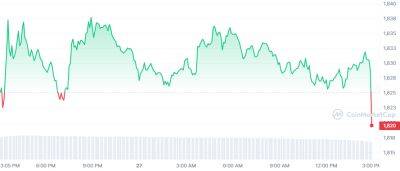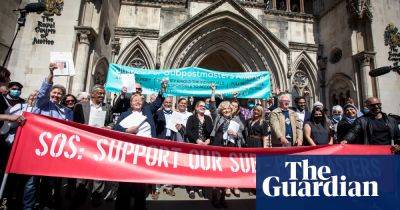Sunak to urge G7 support for collective action against ‘economic coercion’
The UK and other G7 countries are planning collective action against Russia and China if they threaten trade boycotts for political reasons, announcing a new body to deal with “economic coercion”.
Rishi Sunak will urge “bold and pragmatic collective action” against hostile states that stop trading with other countries when they disagree with their geopolitical decisions.
He will cite Russia’s stranglehold on European gas supplies last year as a situation that could have been met with a collective response.
Other examples include China’s punitive tariffs on Australian wine after Canberra called for an inquiry into the origins of Covid, and Beijing’s decision to halt trade with Lithuania after the Baltic country set up an office in Taiwan.
Sunak will set out the UK’s plan for countering such trading practices at a session on Saturday, with other G7 countries expected to agree on the formation of a new council to discuss collective responses.
Diplomatic sources said there was a recognition that the World Trade Organization was not proving an effective forum for dealing with such action from states such as Russia and China.
The new G7 coordination platform on economic coercion will address the “growing and pernicious use of coercive economic measures to interfere in the sovereign affairs of other states”.
Advised by policymakers, businesses and academics, the council will act as an early warning system and formulate where the G7 should “take action when necessary”.
Sunak is a leading advocate of the need to counter economic coercion, but others in the G7, such as France, are more cautious about taking on Beijing, and have cautioned that the summit should not be seen as “anti-China”. Sunak is due to meet Macron for a one-to-one
Read more on theguardian.com






















